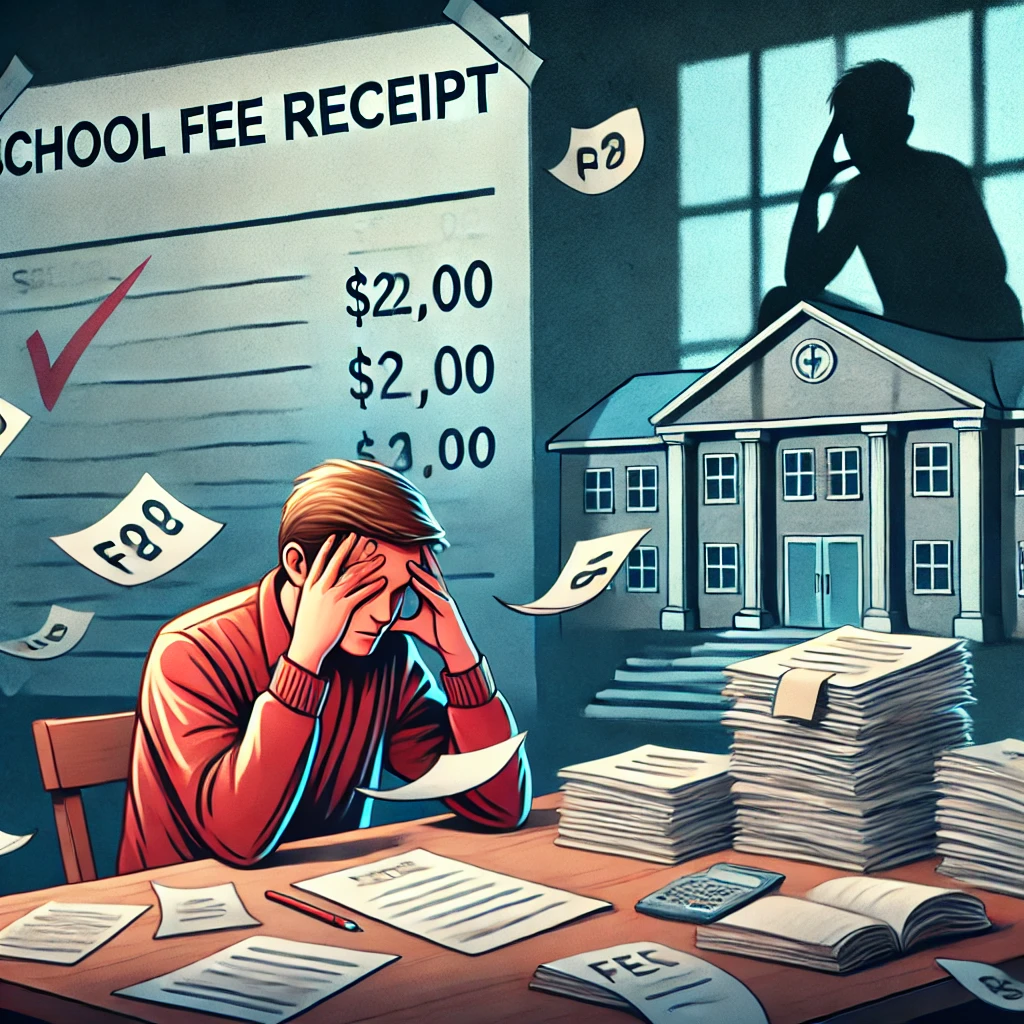Education is a fundamental right, yet for many parents, the rising cost of schooling has become a significant financial burden. The annual increase in school fees across private institutions has raised questions about fairness, regulation, and transparency. Let’s dive into the reality of this issue and explore ways to address it.
The Reality Behind Rising School Fees
The cost of private schooling has surged in recent years, with some institutions demanding exorbitant amounts. From tuition fees to additional expenses for uniforms, books, and extracurricular activities, the financial strain on families has reached alarming levels.
While some schools justify these hikes citing infrastructure development and technological upgrades, parents often remain in the dark about how their money is being utilized. This lack of transparency creates mistrust and frustration, especially for middle-class families struggling to provide quality education for their children.
Key Factors Contributing to Higher Fees
- Unregulated Fee Structures
Many states lack stringent regulations on private school fees. As a result, institutions can set prices arbitrarily, leaving parents with limited options. - Commercialization of Education
Education is increasingly being treated as a business. Schools often invest in luxurious facilities and market these as essential for holistic development, justifying steep fee hikes. - Hidden Costs
Beyond tuition, parents face hidden charges for activities, transportation, and mandatory materials. These are often non-negotiable, further burdening households. - Lack of Transparency
Few schools provide detailed breakdowns of their expenses. This makes it difficult for parents to understand where their hard-earned money is going.
Impact on Families
The financial stress caused by rising fees forces many families to compromise on other necessities or take loans to meet educational demands. In extreme cases, parents have no choice but to transfer their children to less expensive schools, impacting the child’s academic continuity and emotional well-being.
How Can We Address This Issue?
- Stronger Government Regulation
Governments should implement and enforce regulations to monitor school fees and prevent exploitative practices. - Fee Transparency
Schools must provide detailed fee structures, highlighting how funds are allocated to ensure accountability. - Parent Associations
Active participation of parent associations can create a platform for collective negotiation and feedback. - Awareness Campaigns
Educating parents about their rights and the importance of questioning unexplained fee hikes can empower communities to demand change. - Scholarship Programs
Encouraging schools to offer merit-based scholarships can provide financial relief to deserving students.
Looking Ahead
The future of education should prioritize accessibility and fairness. Without transparent practices, the widening gap between affordability and quality education will continue to exclude a large section of society. By taking collective action, parents, schools, and governments can work together to ensure education remains a right, not a privilege.
As school fees continue to rise, addressing the root causes and implementing systemic solutions is crucial. Transparency, fairness, and a balanced approach to quality education can relieve the financial stress on families while ensuring students receive the best opportunities to thrive. #Hydkhabar

